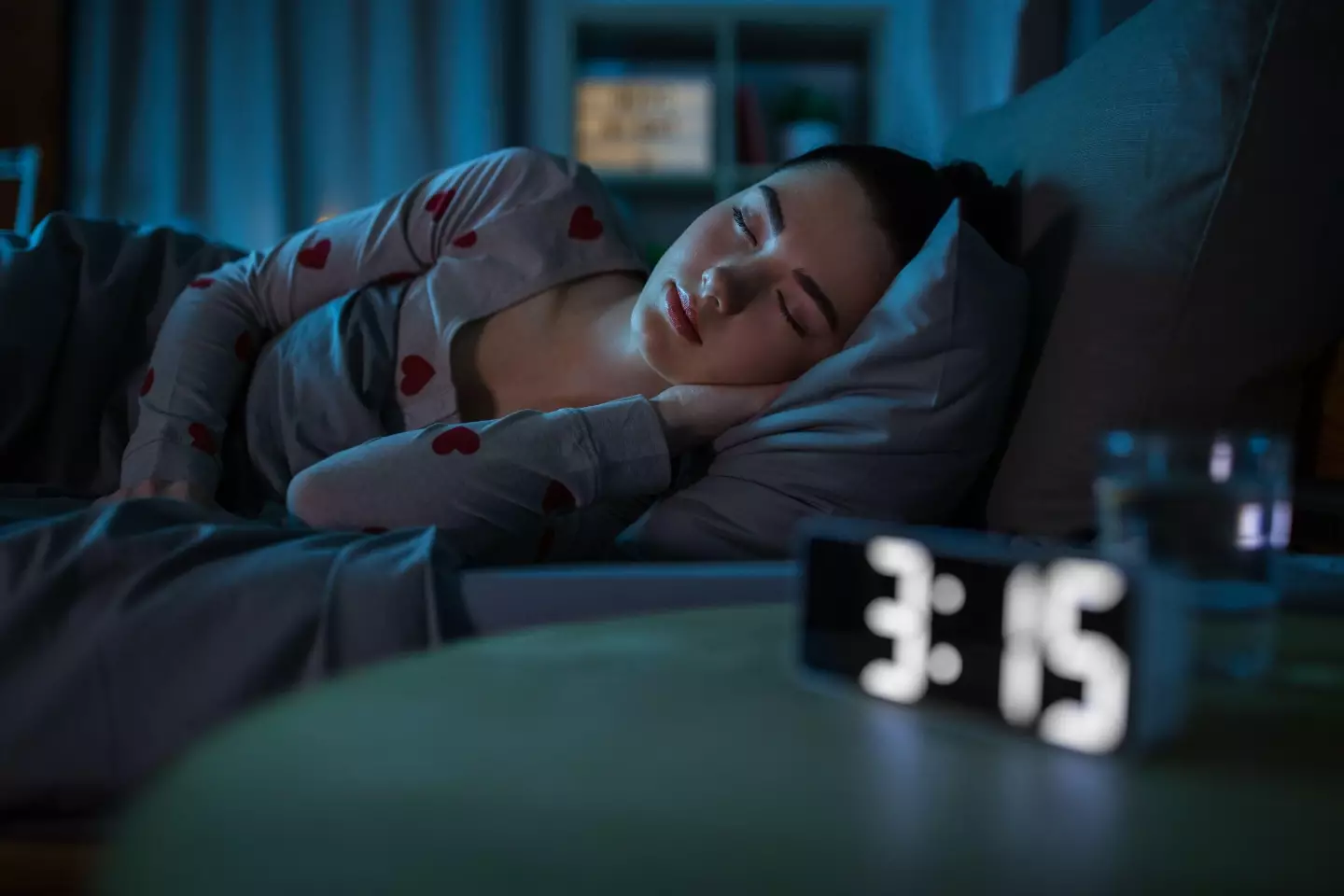
A man who stayed awake for 11 days spoke out about the effects it had on him.
Tony Wright, from Cornwall, UK, attempted to set a new world record in 2007 and managed to (somehow) go 266 hours without dozing off.
See him open up about the experience here:
Advert
Wright claimed he was the new world record holder after his huge period of sleeplessness, having surpassed the 264 hours set by teenager Randy Gardner in 1964.
However, this record was broken just a month later with a time of 276 hours, set by Toimi Soini in Hamina, Finland. And in 1986, a Guinness World record time of 453 hours was set by Robert McDonald.
Besides, record-holder or not, staying up that long is no mean feat, and Wright opened up about why he did it and the effects it had.
"Basically, you're starving the rational mind, the egotistical mind of sleep, and it's battery's running down," he said. "And of course, it doesn't feel very good, it feels tired.
"But if you push beyond that, its ability to stay in charge starts to break down as well. And that's where you can start to get glimpses of access to the other side of the brain, the other self."

He continued: "I've spoken to a lot of people about this. Most people have recollections where they've been partying, or they've been working hard, and sure they get tired, but within within that they get glimpses of something else.
"That kind of softness, or a more relaxed state - often more emotional, because again, there's more access to that emotional side of the brain.
"Even feeling quite good, quite an altered state for brief windows, or getting a second wind even. You know, be really, really tired, no sleep, and then suddenly feeling fine for half an hour or an hour.
"So all I really did, or what I was interested in, is making sense of that. And is it possible to exploit that and bring in combining techniques to tie the left side of the brain up, which initially doesn't feel great, but the reward on the other side of that makes it worth the effort."
However, while Wright might be an advocate for sleeplessness, the Guinness World Records no longer keeps a record of it due to the health risks associated with sleep deprivation.

In an article published last month, the Guinness World Records explained: "In 1997, we stopped monitoring the record for the longest time to stay awake.
"The record holder at the time was Robert McDonald, who went 453 hours 40 minutes (18 days 21 hours 40 minutes) without sleeping in 1986.
"Although we no longer monitor the record due to the inherent dangers associated with sleep deprivation, we can say that no one is known to have broken it since McDonald."
After detailing the history of record attempts, the article continued: "Although the effects suffered by these record breakers varied, both in terms of severity and length, their stories paint a clear picture: skipping sleep is harmful to the human body and mind.
"Scientific studies suggest that even small amounts of missed sleep can negatively impact our mental and physical health.
"However, there are also other reasons why we cannot monitor this record.

"Firstly, during the 1960-70s, sleep researchers discovered the existence of 'microsleeps'; momentary lapses into sleep that last for just a few seconds.
These are impossible to accurately monitor without continuous physiological recording equipment. Even Dr Dement later accepted that Randy Gardner - who was under constant medical supervision - probably experienced microsleeps."
"Another reason we no longer monitor this record is due to the existence of people who suffer fatal familial insomnia, an extremely rare genetic disorder," the article explained.
"Victims initially experience trouble sleeping, and over time this evolves into total insomnia (agrypnia excitata), causing speech problems, hallucinations, dementia, and eventually death.
"It's likely that one unfortunate victim of this condition would be the unwitting holder of the record if we still monitored it."